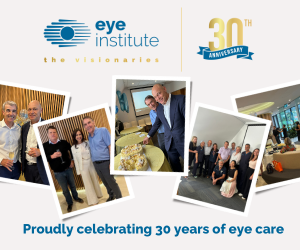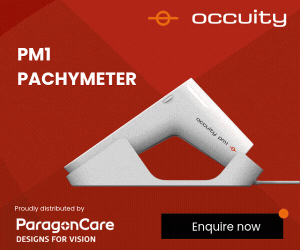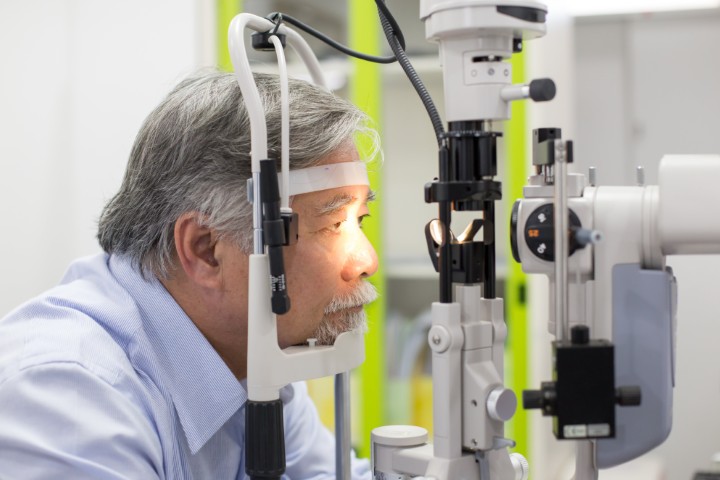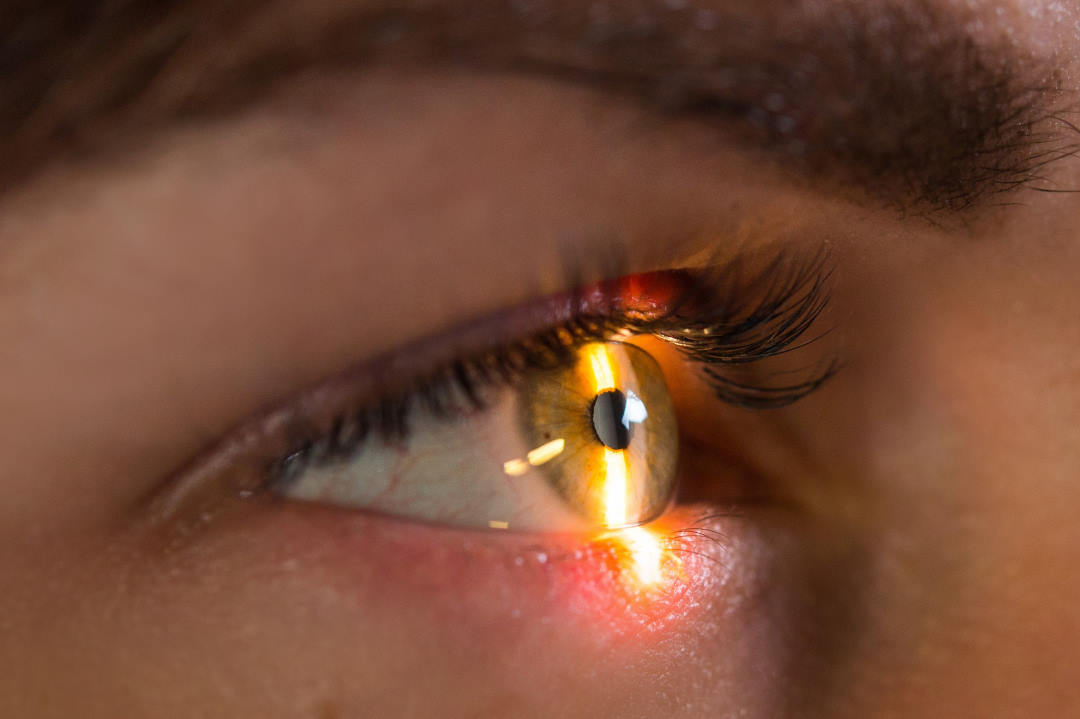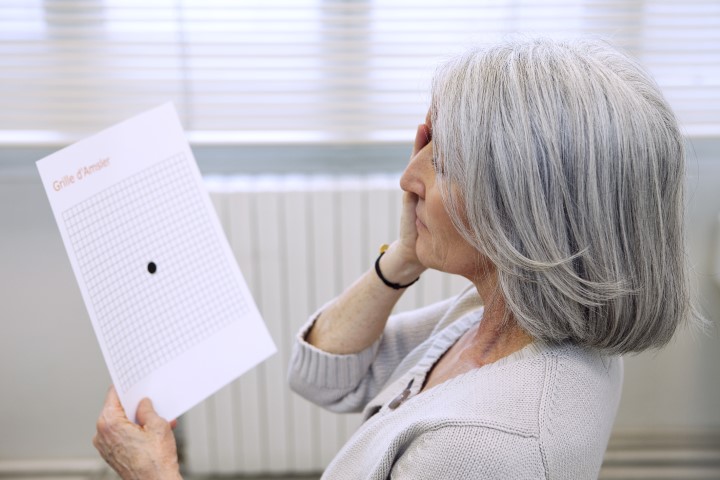Presbyopia drops draw closer
Visus Therapeutics has received FDA approval to begin clinical development of Brimochol, its presbyopia-correcting eye drop. A combination of the FDA-approved drugs carbachol (which reduces pupil size) and brimonidine (which sustains that effect while diminishing side effects), Brimochol is designed as a once-daily drop. The proprietary drug combination has been evaluated for safety and efficacy in more than 200 patients in six studies, with authors reporting in the most recent study that Brimochol delivered sustained improvement in near visual acuity for at least eight hours. It also showed an average improvement of more than five lines on the Jaeger eye chart and no reports of brow ache or loss in distance vision, they said. It will now proceed to phase 2 clinical trials.
In other news, Orasis Pharmaceuticals is continuing its phase 3 clinical studies on its novel presbyopia eye drop candidate. Initiated in October last year, the Israeli company’s Near-1 and Near-2 studies are multi-centre, double-masked, parallel-group clinical trials involving approximately 600 participants with presbyopia in the US. “Promising results from our well-powered phase 2b study, along with the recent series C funding, have paved a promising path for us to advance our product candidate through phase 3 development and pre-commercialisation efforts,” said Orasis’ CEO Elad Kedar.
Leading the presbyopia eye drop race, Allergan submitted a new drug application to the FDA for its AGN-190584 (pilocarpine 1.25%) presbyopic ophthalmic solution earlier this year. “If approved, this is expected to be the first eye drop for the treatment of presbyopia by the FDA,” said Dr George Waring, lead investigator on the drop’s Gemini 1 and 2 phase 3 studies. In both, the novel drug candidate met its primary endpoint reaching statistical significance in near vision improvement in mesopic (low light) conditions without a loss of distance vision, and no serious adverse events. The FDA is expected to make a decision on AGN-190584’s registration before the end of this year.





